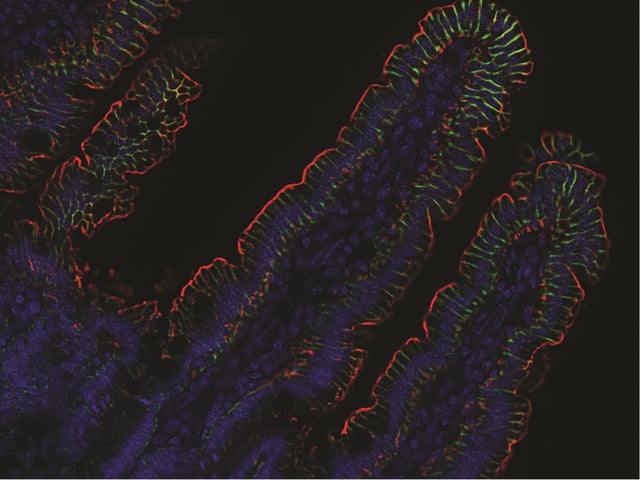Overview
- University of Pittsburgh researchers found that Cathepsin S cleaves Gasdermin C in intestinal epithelial cells to trigger type 2 immunity against helminth parasites in both mice and human cells.
- The active fragment of Gasdermin C penetrates Rab7-positive vesicles, disrupting their function and reducing levels of prostaglandin D2 to amplify anti-parasite inflammation.
- Deleting either Cathepsin S or Gasdermin C in mice led to impaired worm clearance, confirming both proteins are essential for effective type 2 immune responses.
- The team proposes repurposing COX-inhibiting NSAIDs to block prostaglandin D2 synthesis and enhance Gasdermin C–driven parasite expulsion, with clinical trials planned next.
- Ongoing studies are exploring commensal gut microbes that induce Gasdermin C activation as potential diagnostic markers for helminth exposure and allergy risk.

